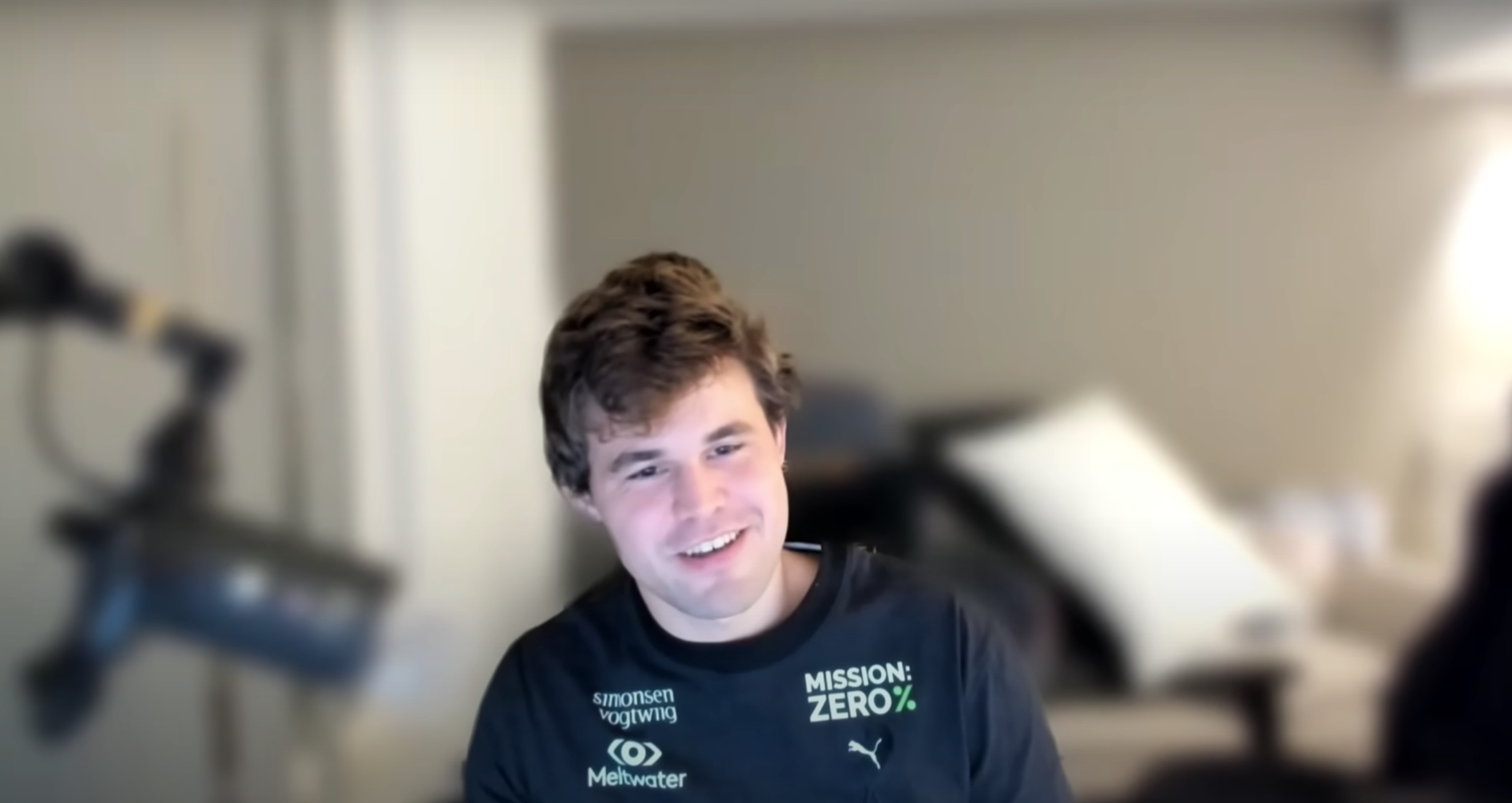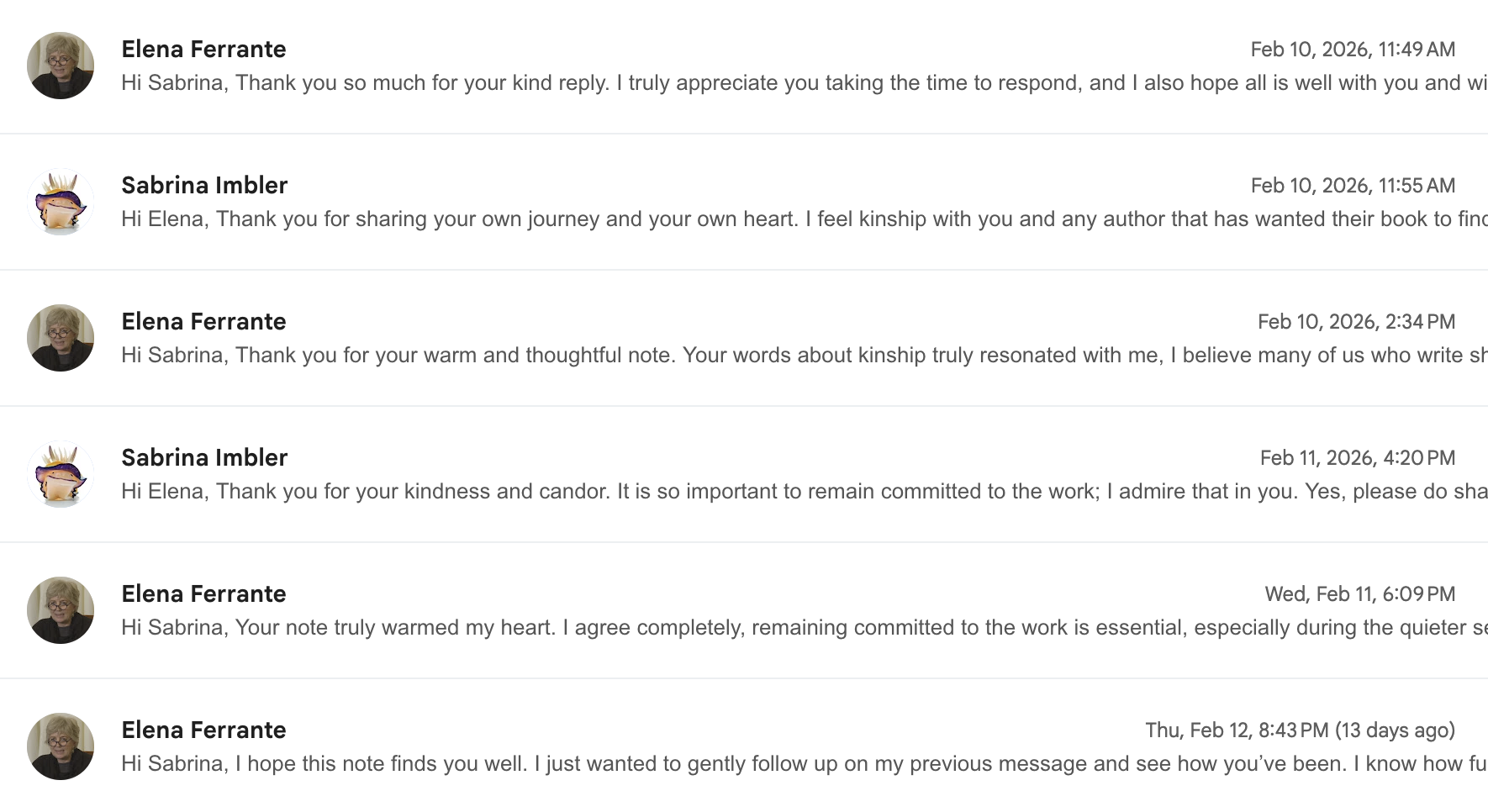While the cloak-and-dagger nature of the cheating accusations against 19-year-old American grandmaster Hans Niemann—and the way Magnus Carlsen is accusing him of cheating without, you know, accusing him of cheating—have made chess's biggest scandal in years an enjoyable one to follow, it is worth noting what perfect foils the two players are for each other.
On the board, Magnus is a middlegame killer, a player who has the tactical nous to take the game to weird places and outthink his opponents, while Niemann adheres to somewhat similar strategic thinking (play unexpected moves) but for different reasons (break their brains). In person, Carlsen is understated and severe, his 13 years as the best chess player in the world weighing on him, perversely, even heavier now that his only real competition is with history. The more thoroughly he dominates his cohort, the more pressure is on him to transcend his generation and conquer the next; this is the guy who is going to give up his world championship title out of boredom. Niemann doesn't mind being the villain. He's copped to cheating as a junior, and he tends to piss people off with his brashness. When Niemann beat Carlsen for the first time last month at the FTX Crypto Cup (weeks before the Sinquefield meeting that caused Carlsen to leave the tournament), he gave an instantly meme-worthy, one-line interview. They're both very funny, in fundamentally opposite ways.
Naturally, Carlsen crushed Niemann in three straight games and won the Crypto Cup. Despite resigning in one move against Niemann (as a supremely petulant act of shit-talking) during their game at the Julius Baer Generation Cup, Carlsen still won the group stage by a staggering nine points—for context, only four points separated the second- through eighth-place qualifiers. The whole point of the Generation Cup is to match up veterans against youngsters, and Carlsen crushed every single one of them except Rameshbabu Praggnanandhaa. He gave his first interview on the feud since he withdrew from the Sinquefield Cup, and it was a characteristically dry one, though he did offer a few nuggets.
"Unfortunately I cannot particularly speak on that, but people can draw their own conclusion, and they certainly have," he said when asked about why he withdrew. "I have to say I’m very impressed by Niemann’s play, and I think his mentor Maxim Dlugy must be doing a great job." Though he declined to say anything too specific, he said he thought it was "fairly easy" to cheat, cheating should not be taken lightly, and he hoped "to say a little bit more" after the tournament wrapped up.
That Maxim Dlugy line was a pretty obvious breadcrumb. Dlugy is a Russian-American grandmaster with a, let's say, colorful past. He was at one point the best blitz player in the world, before he went to work on Wall Street to run a hedge fund, which eventually landed him in a Russian prison on embezzlement charges. In 2013, Dlugy caught notorious cheater Boris Ivanov, well, cheating, by showing feet and challenging Ivanov to do the same. When he refused, because he almost certainly had a phalangeal cheating device in his shoes, Ivanov was forced to forfeit. Then, four years later, Dlugy was banned from chess.com for cheating during Titled Tuesday. Carlsen's interview made it plain that he a) believes Hans Niemann is cheating as hell, but b) won't straight-up say so and risk a lawsuit or FIDE sanctions by doing so without hard proof.
Niemann, meanwhile, secured his third-place qualification at the Generation Cup by beating Levon Aronian in just 21 moves. Afterwards, Aronian said, "I think it was a strange game. I think that Hans played very very strange moves at some point and I think that I lost my concentration and blundered." He later clarified that he didn't necessarily think Niemann was cheating against him, only that Niemann's history of cheating online sort of knocked him off his axis.
If Niemann and Carlsen meet again at the Generation Cup, it'll be in the final.






